Blog
This past Monday, Sulam had the privilege of hosting a truly special event at the Lillian and Albert Small Capital Jewish Museum in DC. At this intimate gathering, we celebrated the past and future of Sulam and inclusion education—and the Greater Washington Jewish community as a whole—as Sulam became a part of the museum’s collection.
“I am looking forward to connecting with other women in leadership positions at Jewish day schools and learning from the range of diverse experiences they bring to the table.
I am excited to represent Sulam in this cohort, to amplify the critical importance of special education within the field of Jewish education.”
The choice of CESJDS as the next partner school was intentional and planned. “We have long wanted to create a Sulam program at a pluralistic school,” said Heller. “We have a wonderful partnership with the school community and in particular Rabbi Mitch Malkus, the head of school at CESJDS.”
“Universal Design for Learning (UDL) is a research-based framework that teachers use to design lessons that reduce barriers and increase access to learning for all students. This webinar will introduce the main ideas and key concepts of UDL, which can be used as a springboard for more in-depth study. It is an exciting, innovative and paradigm-shifting perspective on learning, teaching, and planning!”
Through the STAR initiative, Sulam teachers will be reimbursed appropriately for their excellent work, given access to high level professional development, and certification through accredited institutions. Our goal is to attract and maintain high level professionals who in turn train, mentor, and support those new to the field. This effort hopes to address the teacher shortage while bringing high level educators back into the field of education.
UDL emphasizes that children can only develop into expert learners when they have expert teachers, and where both students and teachers are embedded within expert systems. Schools need to define what that means with regard to religious and spiritual development.
At Sulam, our team of educators is always thinking about how to help students make progress in their academic, social, and emotional lives. We all know that doing well in school is not the ultimate goal. We are looking ahead to our students’ futures as adults, and their ability to not only navigate a complex and forever changing world, but to live deeply fulfilling and meaningful lives.
Dr. Debra Drang and Rabbi Eli Perles collaborate to write an article for The Lookstein Center’s Jewish Educational Leadership Journal. They talk about the barriers to learning Talmudic text that exist for many students, and provide creative methods for both anticipating and breaking down those barriers.
Sulam grad Adam Kupfer was featured in the Washington Jewish Week (article on p7). We are so excited for Adam, who will be swimming for the state of Maryland at the Special Olympics this summer.
Jewish Disabilities Awareness, Acceptance, & Inclusion Month (JDAIM) takes place every year in February. JDAIM is “An effort among Jewish organizations and communities worldwide to raise awareness and foster inclusion of people with disabilities and those who love them.”
Three years after graduating, Ezra is still learning Torah with his Sulam rebbe, Rabbi Joshua Baldinger.
“Rabbi Baldinger spent so much time with me when I was a Sulam student. He learned with me on Friday nights at Yeshiva, he taught me how to fish, he was a role model to me.”
When I was in 9th grade I came to Sulam. I didn’t know how to talk to people. I just didn’t know what to do. I was embarrassed. I was lonely. I was angry. I felt worried that I would never have friends and that I would always be lonely.
"If there is no such thing as the average learner, and we shouldn’t be using curriculum designed for the average, how can we possibly teach to the very wide variability of students within each classroom, not to mention the variability of learning within each student?"
Being in Israel (during Parshat Vayeitzei in which Jacob dreams of a ladder - sulam) with 19 Sulam students, who were integrated and included in every aspect of the Mission, has been an uplifting experience for every single person here.
As we end another week after the horrific Pittsburgh shooting, parents, teachers and students country wide are still struggling with processing the event. As time goes by, the fear, worry and stress this event has caused may decrease, but the remaining question - "Why did this happen?” - remains unanswered. Truthfully, it is an age-old question that starts right with this week’s Parsha, Toldot.
He was observing that the Jewish people notably take responsibility for each other, and for the greater community. He found it inspiring and curious that Jews feature so prominently in the social services agencies in our area, and, in fact, around the world.
The truth is, we are taught directly from the Torah, that personal, moral and collective responsibility is what Judaism is all about.
A few years ago I was walking toward the entrance of a Giant grocery store when I heard cries for help. I looked at all the people nearby to see who could be calling out. No one seemed to be in need of help, and no one seemed to be alarmed by the cries for help either. Looking past the passive faces of the passersby I finally found the source of the supplicant. A woman had fallen out of her tipped-over wheelchair.
“Every day at 12:30 pm I freeze...
It doesn’t matter whether I am in an important negotiation, if I am with a client, or if I am alone. I freeze because I know that it is recess at my son’s school. I wonder if he is sitting alone on a bench, feeling miserable. I worry that kids may be teasing or bullying him. I dream that he has perhaps found someone who will play with him, accept him for who he is, and see in him what I love so much about him. This is what I do, every single day.”*
In this week’s parsha, Toldot, we learn that there was a famine in the land, besides the first famine that was in the days of Avraham. Like his father, Yitzhak intended to go down to Egypt, but G-d appeared to him and said: “Do not got down to Egypt for you are like an unblemished sacrifice, and leaving the land is not appropriate for you.”
The question arises: Why is Avraham encouraged to leave the land, and his son, Yitzchak discouraged?
As the story goes, when I was born, my father talked about my ear and how perfectly small it was, and how perfectly shaped it was, because what else would he talk about? He didn't know me, and all the little quirks about me.
Special education is a labor of love, dedication, care, and exquisite expertise. With constant research-based scientific advances in brain development, special educators must be knowledgeable, and able to implement cutting edge practices immediately. They must exercise compassion and understanding for both students and their parents, who are searching for answers and support in raising their children.
raising their children.
After suffering through the drama of repeated disappointments, the Jews finally broke free from slavery. They made a harrowing escape through a miraculously parting sea. Once on dry and safe ground, with the wilderness ahead of them, few possessions to maintain comfort, and nothing but un-risen bread to sustain them, Moshe had the challenging task of motivating them to continue the arduous physical and spiritual journey to become a nation. What words of encouragement could he use?
This week’s parsha, Parshat Vayeshev contains the famous story of the brothers throwing Joseph into a pit to be sold to slaves. So begins the story of the enslavement of the Jews in Egypt. There are very many aspects to this story that are intriguing, but one particularly meaningful aspect is that of Reuven’s role in saving Josephs’ life.
At Sulam, we teach our students that their journey is not an all or nothing event. Like the Chinese proverb, “A journey of a thousand miles begins with one step”, we at Sulam celebrate each rung a student climbs. We revel in gradual, yet consistent achievement.
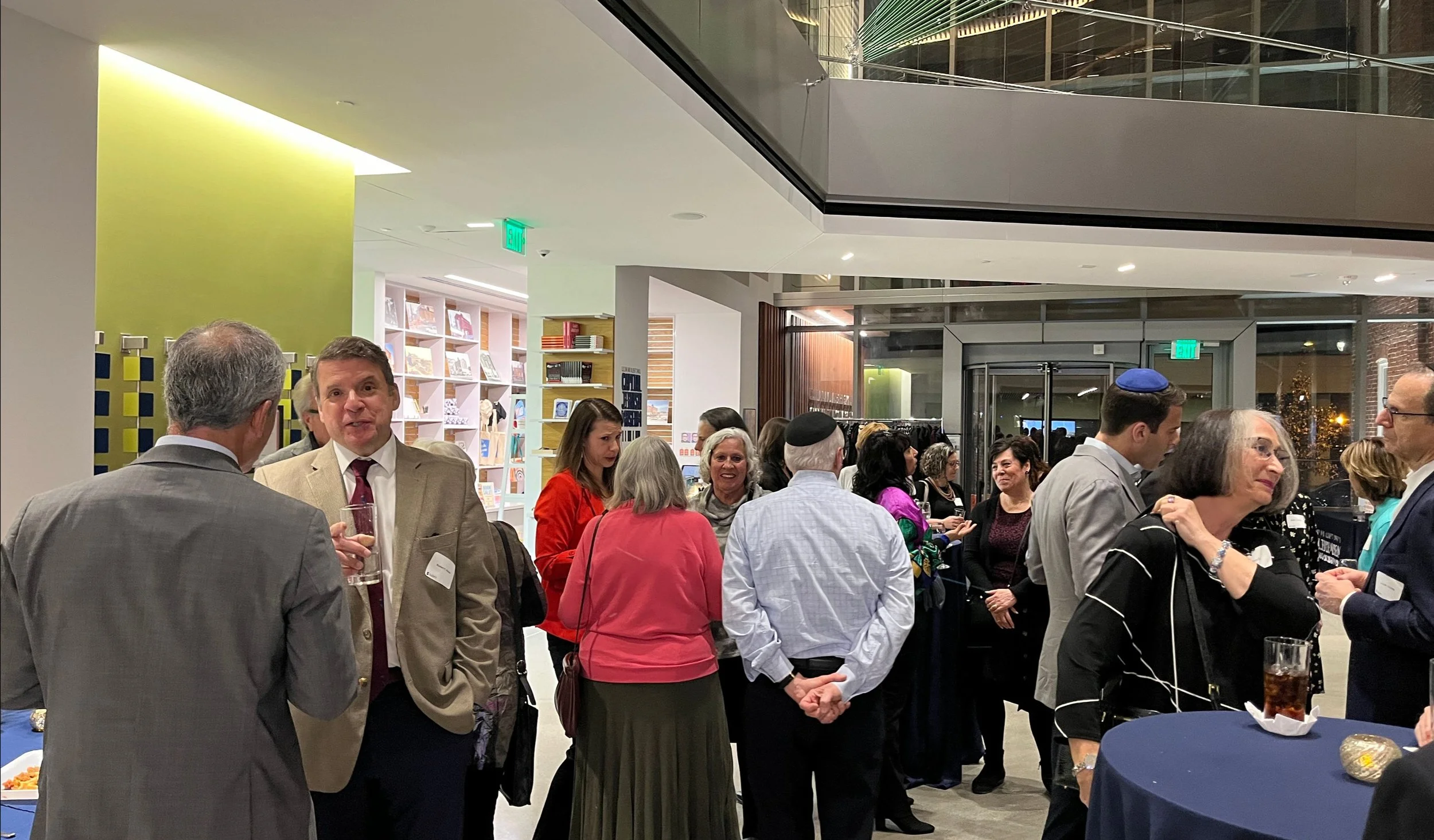
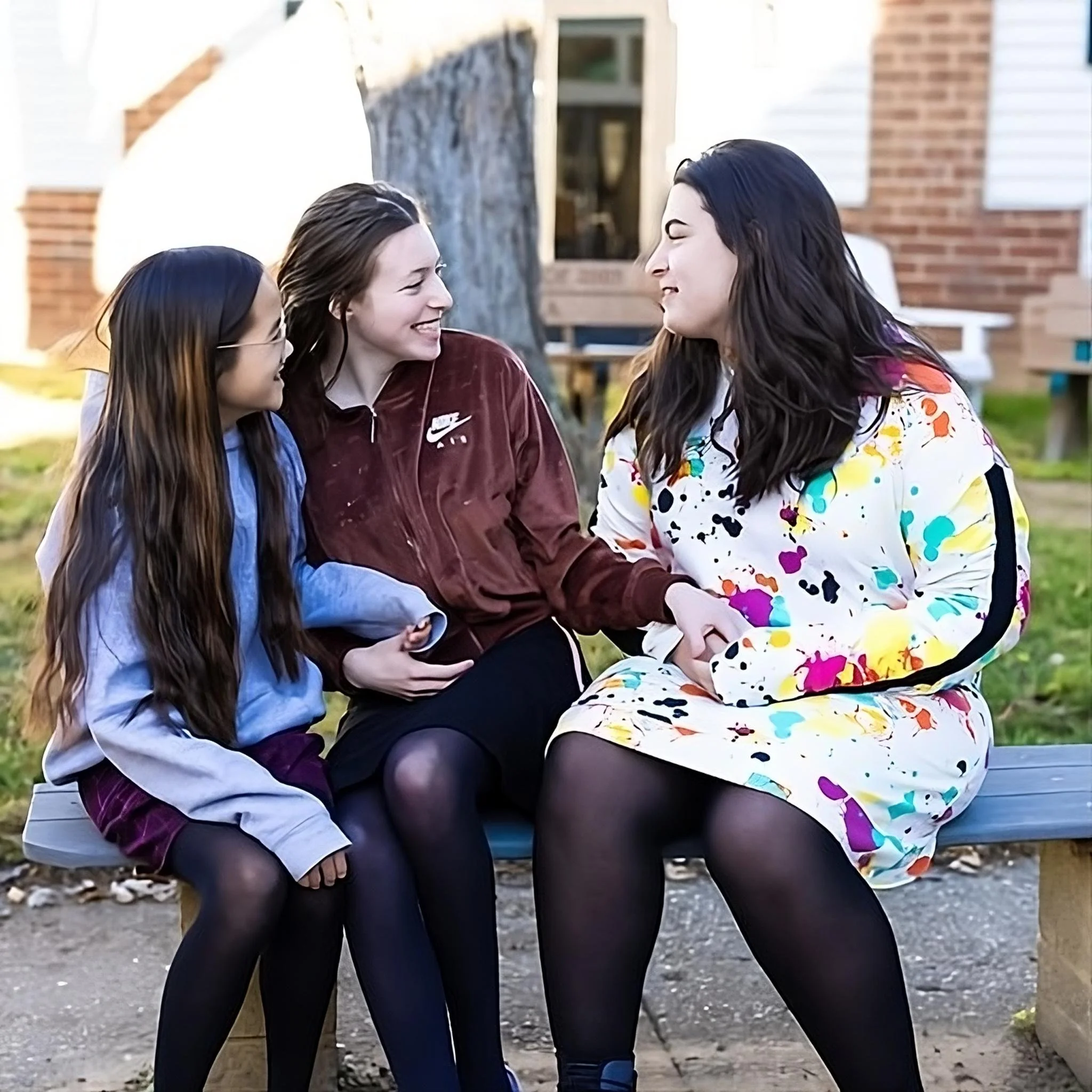

















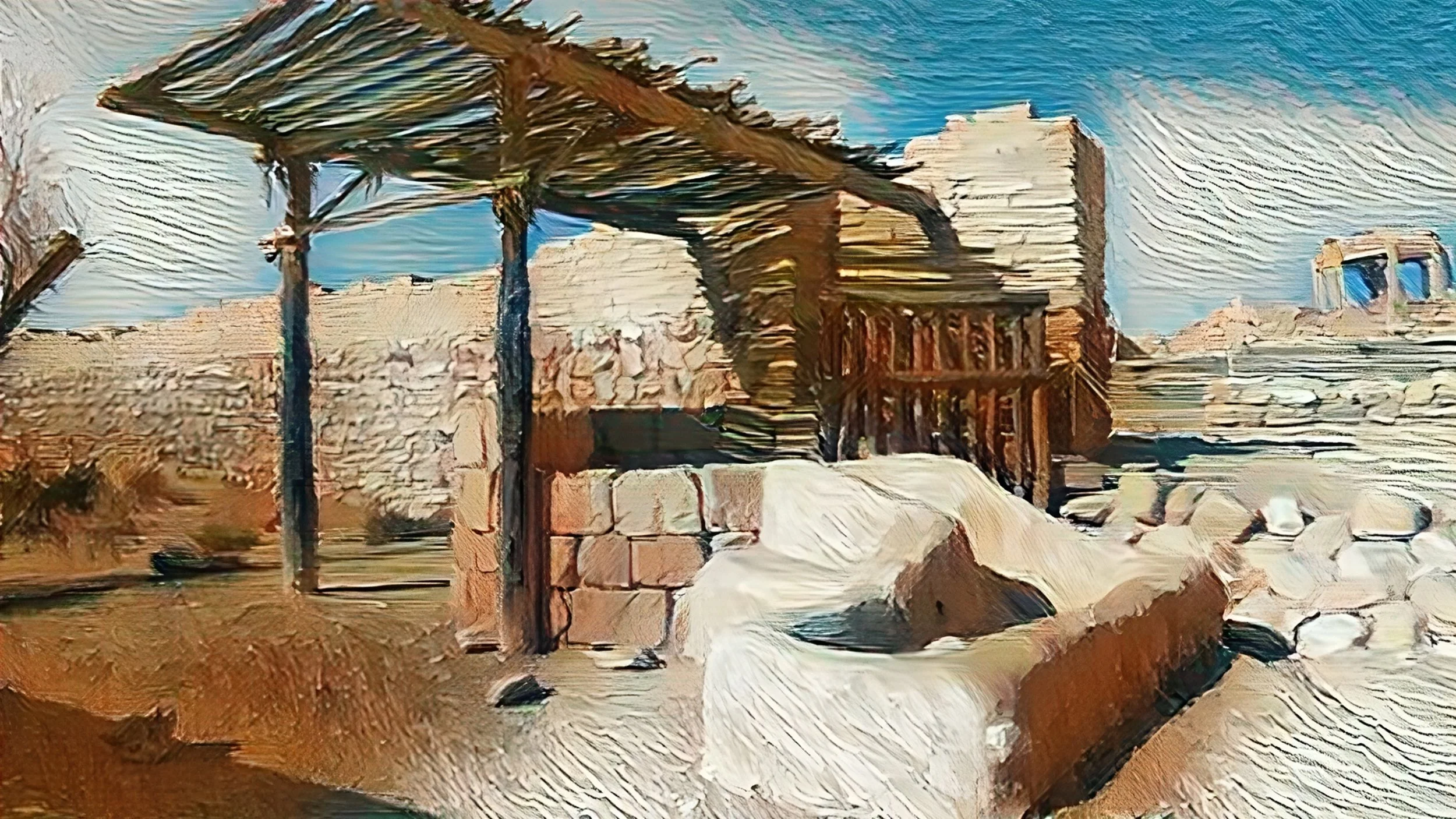

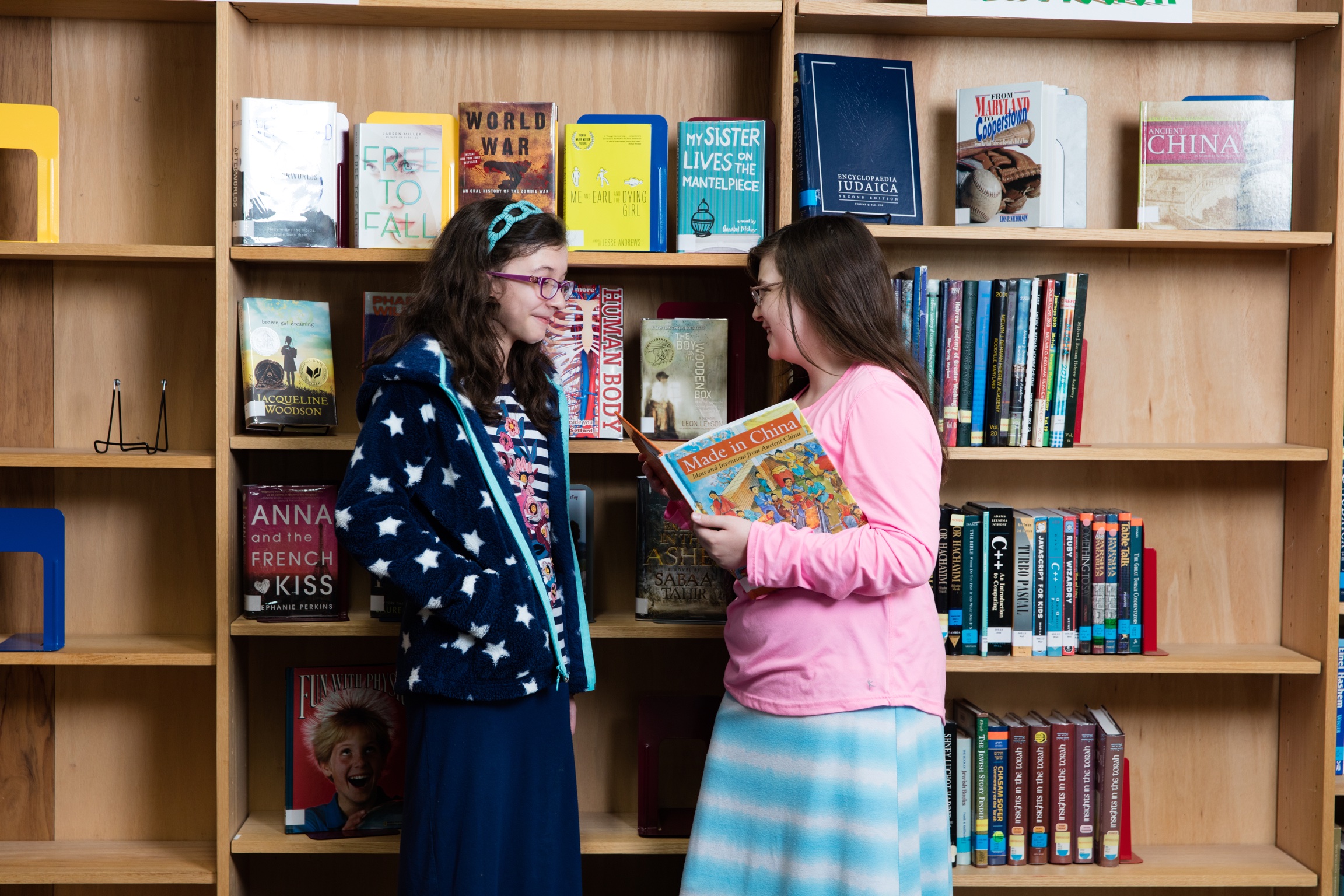



This week the Sulam team met on Monday for a professional day, during which we discussed the task of helping our students develop grit - the power to stick to a task and to persevere through failure, struggle, feeling overwhelmed - and not give up. There are techniques to help children develop this important skill, such as using the correct type of praise.